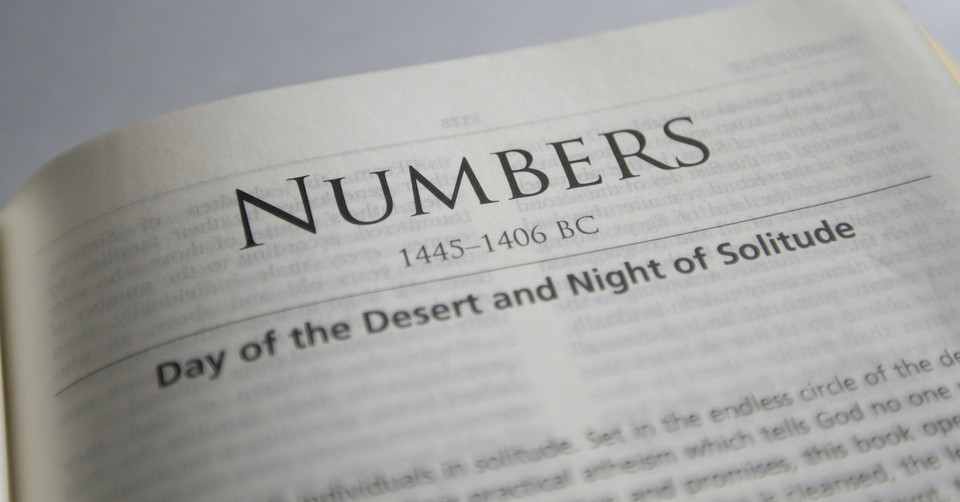If we know anything about Israel throughout the Old Testament, they knew how to rebel. And we see no exception when it comes to the Book of Numbers. Of course, it may baffle our minds that they would continue to misplace their trust, doubt God, and grumble. After all, God split the Red Sea, performed a series of supernatural plagues in Egypt, and led them away from the land of slavery via a pillar of fire.
They form a rebellion right after the spies scope out the Promised Land, and God is less than pleased.
But if we put ourselves in the Israelites’ position, can we say we’d fare any better? Think of how impatient we get over minor inconveniences, let alone trekking in a hot desert with no food, water, or ETA for our destination.
4. Reasons to Read the Book of Numbers: Battle!
Israel, in the Old Testament, had a history of getting on the bad side of its neighbors. Not through provoking them, but simply because the enemy either didn’t like that they had passed through their land, or they’d caught wind about Yahweh’s acts in Egypt and didn’t want to taste the same thing.
Some of these enemies in Numbers include Canaanites, Amorites, Moabites, and Midianites, just to name a few. You’ll have to take a look at Numbers to see how they fare in the various battles with God on their side.
5. Reasons to Read the Book of Numbers: Another Rebellion + Mass Execution
You may have a familiarity with the Sons of Korah who penned many of the Psalms. But believe me, they had a family name to live down rather than up to.
Once again, the Israelites get a little cabin fever (or desert fever) and they believe that God made a mistake by appointing Moses. So a man named Korah decides to take matters into his own hands.
Numbers 16:2: “(Korah) rose up against Moses. With them were 250 Israelite men, well-known community leaders who had been appointed members of the council.”
God doesn’t stand for this rebellion and the ground literally splits open and swallows those associated with the Korah rebellion.








